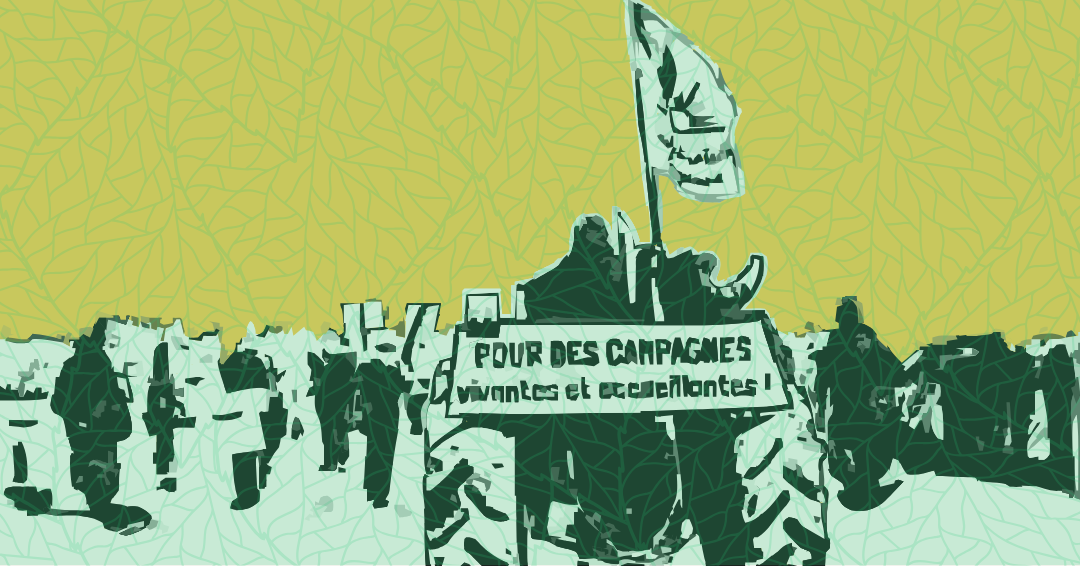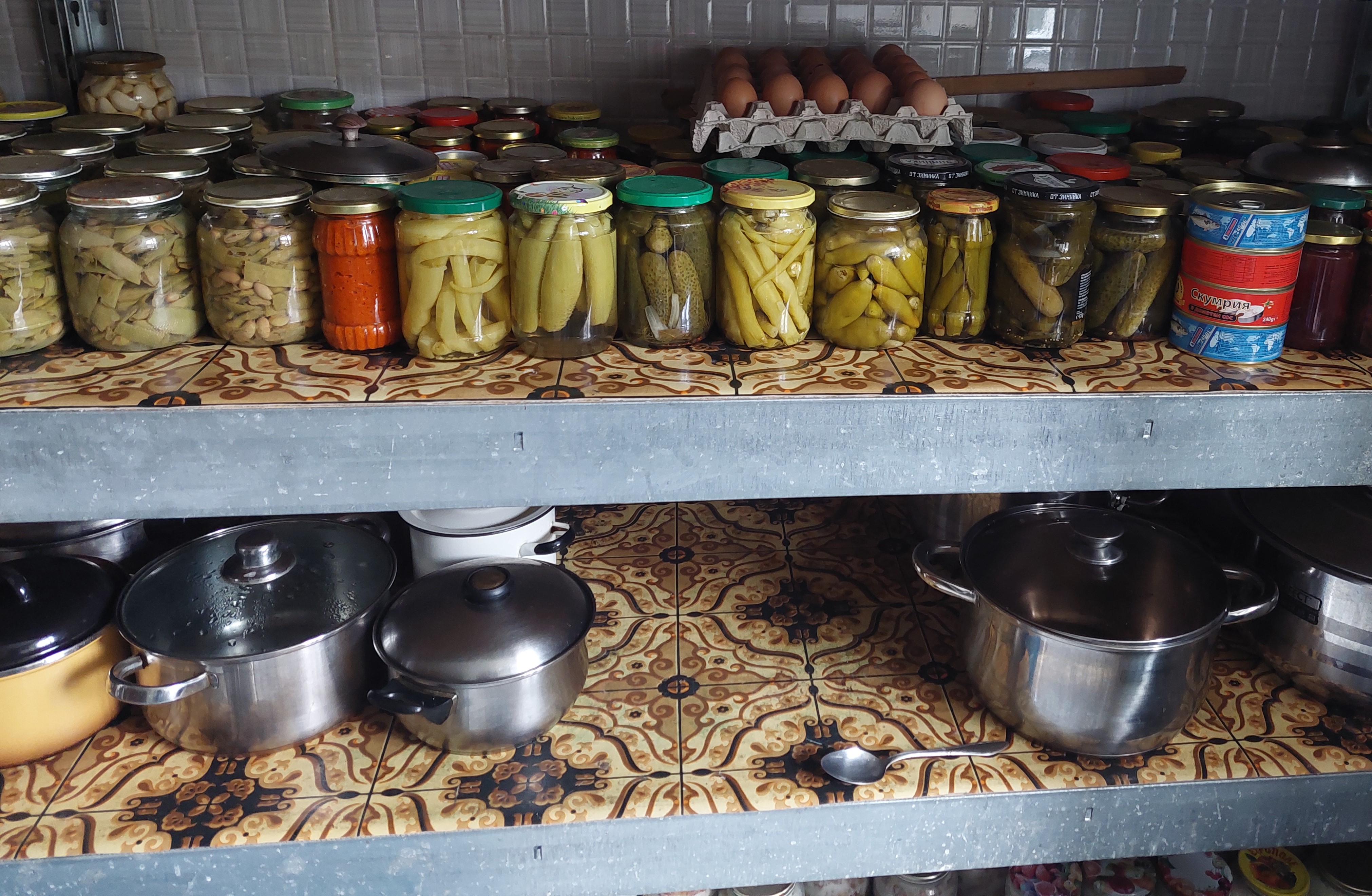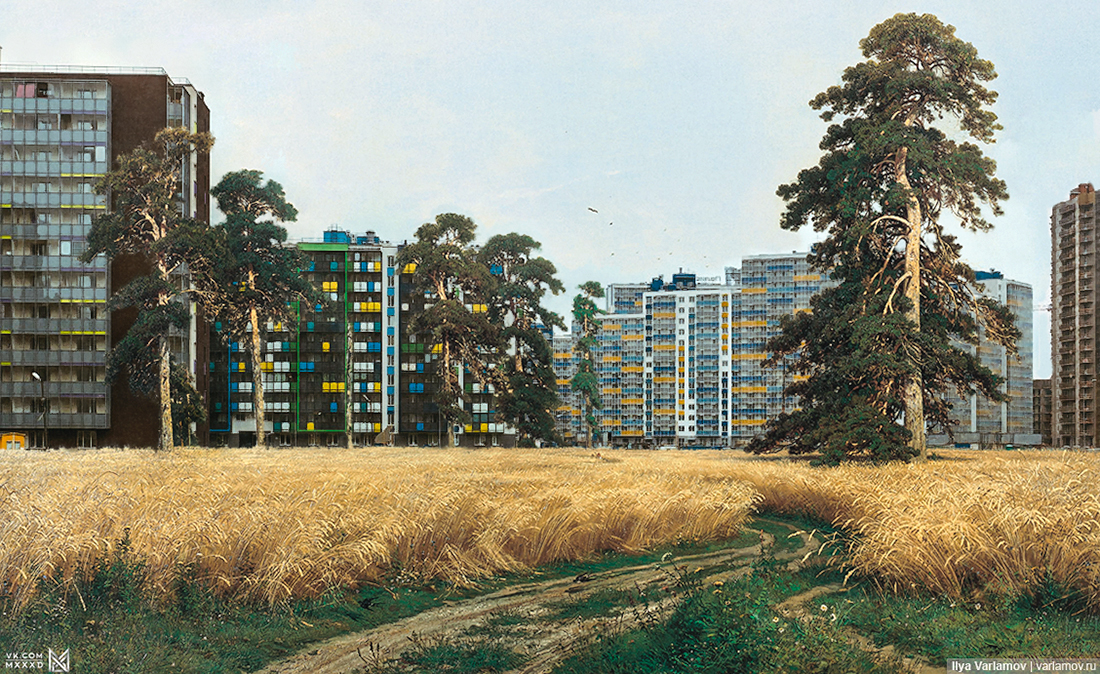On October 1, 1960, as Nigeria gained independence, the population of the entire country was around 45.1 million. Fast forward to the year 2020, according to U.N, the estimated population of Nigeria is above 206 million. This can be seen as a rapidly exploding population when compared to other nations in Europe like UK (52.2 million in 1960 to 67.9million in year 2020) over the same period of time. Nigeria like all other nations of the world is also in the rat race towards material abundance and riches as measured by GDP growth rather than the general wellbeing of the populace. The discovery of crude oil in commercial quantity around the independence period was a huge boost to the nation’s GDP, so much so that agriculture, the mainstay of the economy, began being ignored. The aftermath of this was the creation of capitalism and elitism among the few, who have continually pillaged the wealth in the commons for themselves and exploit the masses. With a growing population, the gap between the capitalist rich and the vast poor masses widened.
Nigeria claims to be the biggest economy in Africa, with the highest GDP. The same country also ranked as the 55th poorest nation on a scale of 191 other nations. Before the coming of colonial administration, for several centuries in Nigeria, the understanding of prosperity was hinged on inclusive and widespread well-being of inhabitants of communities. The social system in those days used to be a wide umbrella covering the entire population in communities. An example being the vast deployment of volunteers in communities in building residential apartments for individual households. Solidarity among the inhabitants of communities in those days ensured fair distribution of earth’s resources without wastage. Because of limited globalization then, there was no need for compulsory production leading to wastage of resources and impoverishment of the majority, nor the extreme climate and environmental destruction as presently seen due to exploitation.
There is a common traditional saying in my part of Nigeria “O ko etile lo ‘binrin lero” which translates to “only residential farm-garden is fitting for womenfolk to cultivate”. This has been the traditional lifestyle for centuries in parts of Nigeria where edible farm-gardens beside residences grow vegetables, spices and other crops considered as less labor intensive yet vital as food. Other crops considered as main crops, requiring more labor like Yams, Cassava etc are cultivated on farms by men, far away from residences. Bringing back this culture of residence-garden farm, especially in urban areas where there is so much food inadequacy, would gradually restore our lost values which centered around community solidarity. In those days, households were never lacking food through this system and often used to freely give or barter produce with neighbors and people in their community. The entrenched capitalism system has seen everybody flock to urban areas in search of “slavery” disguised as jobs that guarantees no happiness. The exploitation resulting in poor pay for most inhabitants of cities in Nigeria, coupled with very high population was the perfect recipe for unrest and crime as presently experienced. Of all the basic needs, food is a major requirement, and food security precipitates moral rectitude, thereby encouraging mechanical solidarity which is necessary for birthing pristine societies. The present economic situation in urban- Nigeria is unimaginably worse than is being reported in the news media. The human exploitation and unhealthy competition for survival and food security among masses at the lower rung of the ladder has made people resort to vices and criminalities. The extreme inequality in Nigeria as reported by Oxfam shows that over 112 million people live in poverty, whereas the combined wealth of 5 rich people is up to $29.9 billion. This is far from the reality of everyday Nigeria life; things are far worse. However, with food security through initiatives like “Farm to fork residence garden”, people can choose between happiness and well-being on one hand, as against exploitation and abuse on the other hand.
While there is no utopia anywhere in the world, Degrowth movement espouses all about fairness in harnessing earth resources, while caring for everyone inhabiting the earth now and the coming generations. This is against the present consumerist approach in the world with the pillaging of earth’s resources. The present untold exploitation of labor that seeks to put all finances in the hands of few without any recourse for the environment is clearly the affliction presently experienced in Nigeria. To make the Degrowth ideology come to fruition with the obvious benefit for all, it will require re-setting the society back to a path of food security. Once we can achieve this, solidarity within our society can ensure topics within health and environment are properly discussed and evaluated by all.
The present situation as regards the health of the environment is worrisome because everybody does whatever it takes to bring food to the table immediately. In Nigeria, biodiversity loss due to tree felling to provide energy for cooking is alarming. So much so there is an association for people engaged in this. Ancestral lands with thick vegetation are sold to the highest bidder for needless construction of residences while unoccupied buildings whose rent is over-priced in city centers are vacant everywhere. Unfortunately, the incompatibility of capitalism with the original nature and culture of Nigerian communities has made the adoption altogether a huge cause of pain and misery for larger numbers of people. The inequality and lopsided distribution of wealth has created a feudal system in which only the few benefit and dominate a larger percentage of the majority poor people. The end result is the unpleasant presence of widespread crime, which was initially hunger-induced.
The beauty of Degrowth movement’s message of social and ecological well-being is the ultimate solution to the present system in Nigeria. The role of assured food security as part of the larger solution through community based “residence organic garden-farm” to reset communities back to her initial peaceful, natural setting cannot be over-emphasized.
Abundant food for all, is abundant humanity in all. Degrowth movement’s philosophy is simply humanity.
*This piece was originally published on 5 April 2021.

degrowth.info speaks to small-scale farmer Jean Thévenot about EU farming and La Via Campesina's work at the international level.

Crusty Bread, creamy cheese, bubbly kimchi or refreshing tepache – all cultures have fermented foods and beverages with their own traditions, language, and cultural heritage surrounding them. Fermentation, in this sense, is a living food culture that taps into ancient skills and traditional knowledge. But this knowledge is under attack. As capitalism continues its onslaught on rural, indigenous...

Perspectives from Eastern Europe and particularly Russia are so far underrepresented in degrowth debates. Translated from its original Russian, the piece below showcases an interview with a prominent British-Russian academic, Teodor Shanin, discussing degrowth in the Russian context through the lens of agriculture. Accordingly, it enables new audiences to gain an insight into this underrepresen...